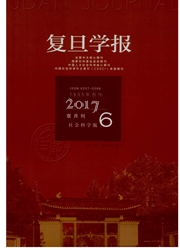

 中文摘要:
中文摘要:
横向并购反垄断控制的福利标准既体现了反垄断当局的政策目标和价值取向,也将对相关利益集团的福利状况产生不同影响。横向并购反垄断控制的福利标准可以归纳为五种类型,其中最常用的是社会总福利标准和消费者福利标准,二者的主要区别体现在对并购可能产生效率的态度和处理方式不同。在社会总福利标准下,并购企业可以通过效率抗辩使具有社会合意性的并购获得批准。现阶段,中国并购反垄断控制政策宜采用社会总福利标准,同时也应在反垄断当局的目标函数中赋予消费者福利一个较大的权重,以保护消费者利益。
 英文摘要:
英文摘要:
The welfare standards in merger control not only reflect the policy objectives and value orientation of antitrust authorities,but also bring different effects to the different interest groups.There are five types of welfare standards in merger control and the most important and common are consumer's welfare standard and total welfare standard.The main difference between the two standards is the authorities' attitude and approach to the efficiencies from mergers.The merging firms could make the social desirable mergers approved by efficiency defense.China should adopt the total welfare standard in merger control at the present stage.At the same time the authorities should give a larger weight to the consumer welfare in the objective function to protect the interests of consumers.
 同期刊论文项目
同期刊论文项目
 同项目期刊论文
同项目期刊论文
 期刊信息
期刊信息
